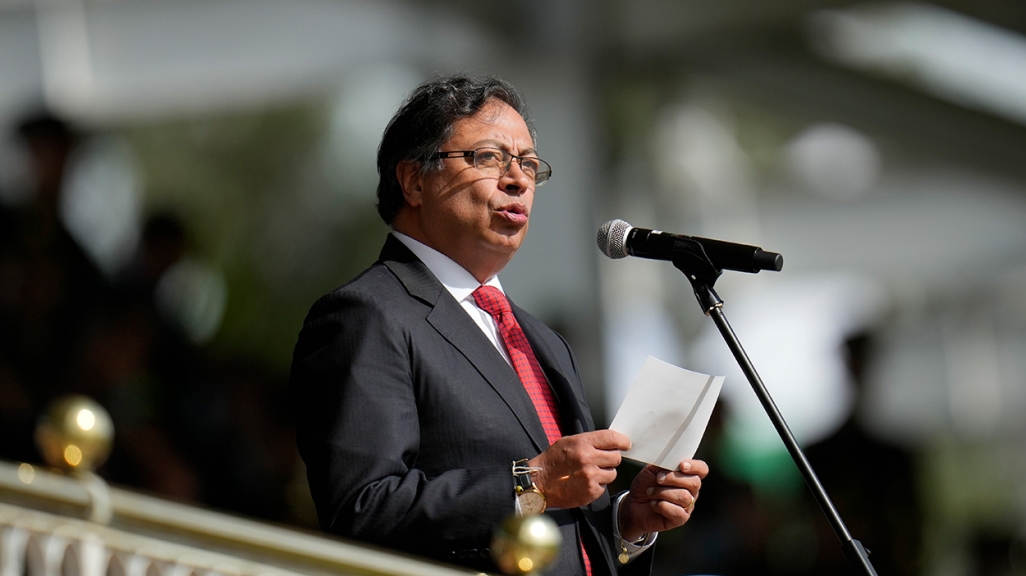Understanding the Petro Government's Tax Reform
Understanding the Petro Government's Tax Reform
A day after his August 7 inauguration, Colombia's president sent the signature reform to Congress. AS/COA Online talks to experts about what it entails.
Supporters of Colombian President Gustavo Petro elected him to shake up the status quo. The country’s first leftist president, who took office on August 7, made big promises: to halt oil exploration, wean the country off of coal, and forge peace agreements with extant rebel groups.
But perhaps his greatest pledge is to alter the country’s socioeconomic dynamics by slashing poverty and reducing inequality. Colombia is one of the world’s most unequal countries, outpacing regional neighbors Brazil and Mexico.The Economist reports that it would take a poor family in Colombia 11 generations to reach the average income.
In April 2021, amid the pandemic and hard economic times, then-President Iván Duque presented a tax hike on income and VAT, lifting costs on everyday products. Colombians took to the streets to voice their discontent and riot squads responded with force, leaving more than 50 people dead in clashes.
Enter Petro. The new leader’s solution to Colombia’s macroeconomic needs is also a tax hike—but it’s very different to Duque’s. Silvana Amaya, a political analyst at Control Risks, describes it as “one of the most ambitious tax reforms ever presented by a government.” For that reason, it has the potential to dramatically change the state of the country, and people of all socioeconomic backgrounds have their eyes set on what will happen.
Petro introduced the bill to Congress one day after his inauguration, signaling the degree to which it is a priority for his administration. It’s not clear exactly when or if it will pass, but the push and pull for modifications has already begun. AS/COA Online spoke with experts to help explain the landmark reform.
Now that the new Colombian president is in office, AS/COA Online covers who is in his team.










